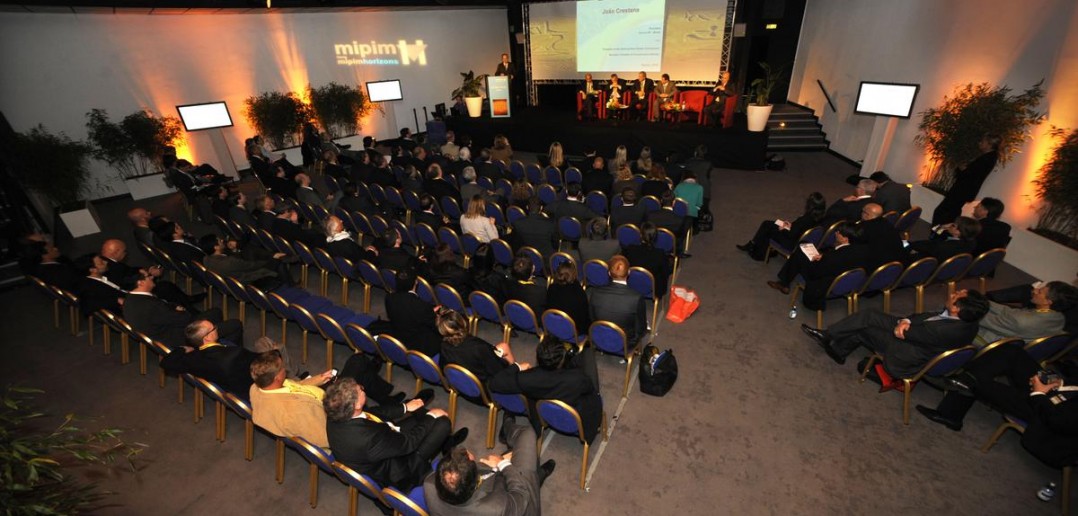Investors and Berlin representative got together to discuss the current opportunities and threats in German residential market during the panel session, « Residential in Germany: assets for value. »
Organised by Huer Dialog
Moderated by Christian Schulz-Wulkow, Partner, Earnst & Young Real Estate GmbH
Speakers:
Rolf Buch, CEO, Deutche Annington Immobilien
Dr. Marcus Cieleback, Group Head of Research, Patrizia Immobilien AG
Douglas Edwards, Managing Director, Corpus Sireo Investment Management
Matthias Leute, Head of Real Estate Germany & Regional Head of Asset Management
Michael Müller, Mayor and Senator or Urban Development and the Environment
▪ For Rolf Buch the residential market in Germany is unexciting because it is stable – in terms of economy and regulations – and that is the reason why the investors love it.
▪ Douglas Edward stated that investment opportunities for the opportunistic funds ended and that now is the time for core and value added investors to come into the market. The other panelist agreed that tier 2 cities are the best to invest now, because they expect a higher rent growth in these locations.
▪ It is currently is difficult to find a portfolio to invest in. The only portfolios available are heterogeneous in terms of cities and more difficult to manage efficiently.
▪ Mathias Leube referred that a yield of 4% is enough for his investors, since he estimates that rents will go up by 6 to 8%.
▪ The majority of the panelist believe that the most important drive for the residential market in Germany are the demographic trends. However Michael Mueller believes that the city’s infrastructure is the most important driver to create the demand for the residential market, since this is what will attract people to the cities in the long term.
▪ He expects that the population of Berlin will grow by 250,000 in the next decades, as a result of new infrastructure being built in the city as well as the space available to develop.
▪ New legislation in Germany is being made to control the residential rent prices. The panelist had opposing opinions regarding the introduction of restrictions in the market.
Some doubts are still in the air, being the most important related to the new regulations. Will Germany make the same mistakes as other countries in Europe by trying to regulate the residential rents? Is 4% a sufficient yield to continue to attract new investors into the market? How will this asset type compete with the fixed income assets when the interest rates start to climb? These questions will only be answers in the medium term and the investors will have to start to adapt to a new reality.
Bernardo Simoes



